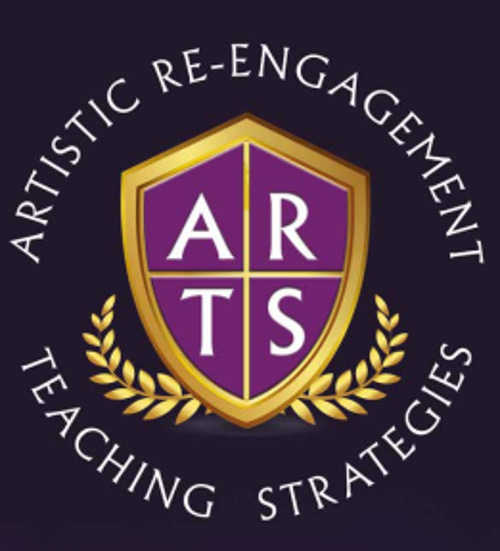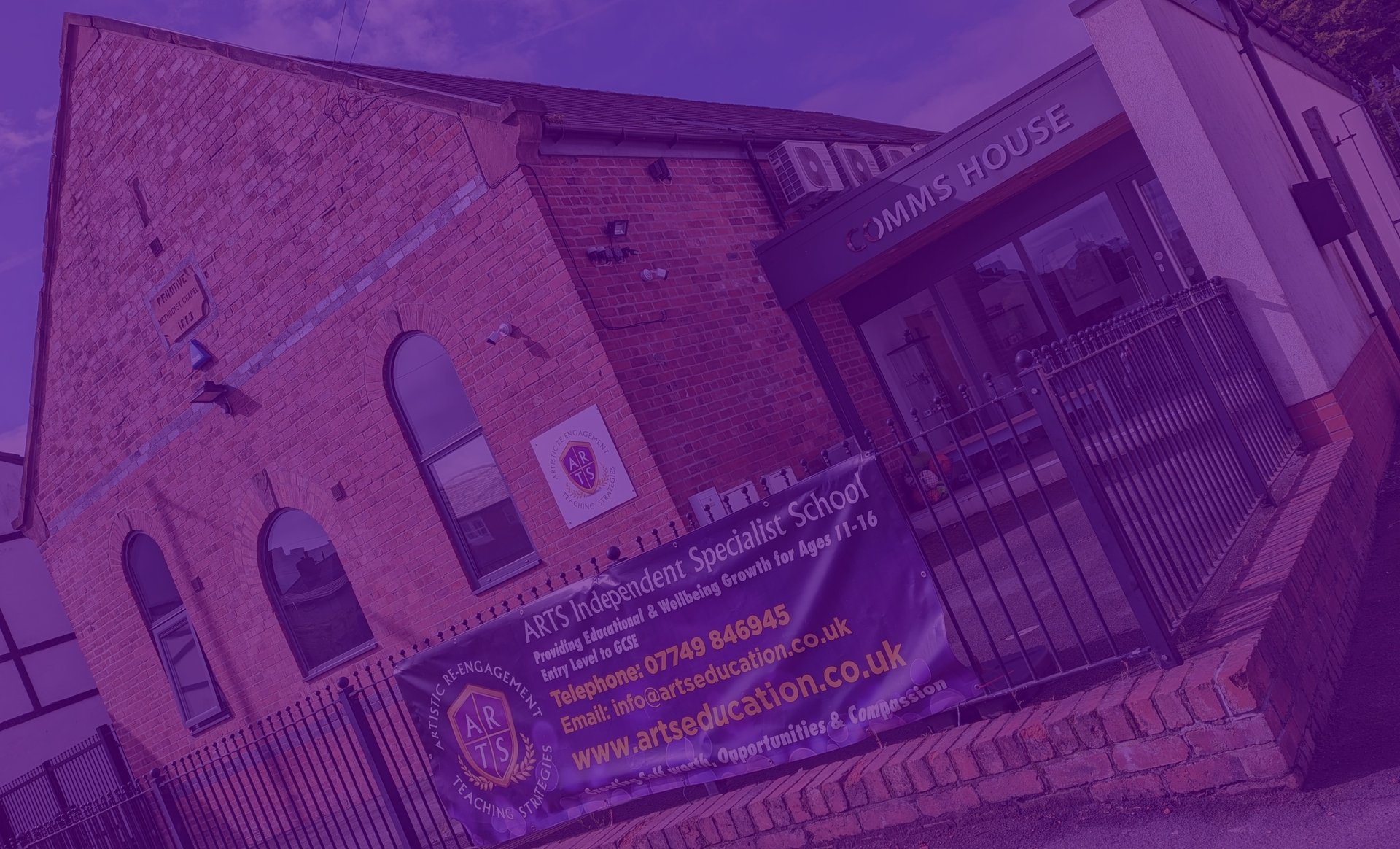
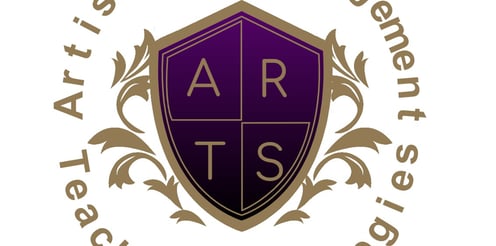

To Create: Self-worth, Opportunities & Compassion
Intent
The intent of the English curriculum is to enlighten students with a range of new and interesting concepts, through the study of language and literature. Their studies will enable them to explore the wider world through the telescope of language and literature, broadening their knowledge and experiences. The curriculum aims to instil a real passion for English as a subject of study.
The English curriculum has been designed to enable students to explore a wide range of both non-fiction and literary texts, which encompass wider topics and themes relevant to the world around us. Pupils will develop their comprehension, critical, evaluative and analytical reading skills; helping them to cultivate a greater understanding of a range of topics and concepts.
Their exposure to a variety of subject matters and themes will empower students to develop their own personal opinions and views. The English curriculum aims to provide students with the skills to air their views in a variety of both formal and informal settings. These are skills that they will be able to use both in further educational and vocational settings.
The curriculum also aims to support students in the development of their own creative writing skills; providing them with opportunities to create a range of non-fiction and fictional texts. It aims to build upon students’ primary literacy education and continue to build a strong foundation of literacy skills, which they can utilise in their wider curriculum and also as they progress into adult life.
Implementation
A varied and differentiated delivery of the curriculum is imperative at A.R.T.S, the delivery of topics varies greatly according to pupils’ ability and understanding. This is to ensure that the students are able to experience the same broad range of classical and contemporary texts and concepts, however it is delivered to students on a level which they can access.
A.R.T.S curriculum will broaden the knowledge of our pupils and ensure that they are consistently challenged. The interesting topics and texts covered in the curriculum aim to awaken pupils’ curiosity, intrigue and reflection; they also allow students to make connections with other subjects and topics across the curriculum.
The English curriculum is carefully structured to allow pupils to continuously build upon skills and knowledge that they have already obtained. The structure and content of the curriculum allows our students to develop into critical and evaluative readers as well as confident and skilled writers.
Formative and summative assessments are carefully mapped out across the academic year to ensure that students’ learning and understanding is monitored and measured; importantly, assessments also provide opportunities to address any misinterpretations.
Curriculum Organisation and methodology
The curriculum is sequenced in a way which allows pupils to build on and reinforce reading, writing and oracy skills, whilst exploring a range of genres and modes of writing.
Key Stage 3
The curriculum at key stage three consists of a range of modern and classical texts (ranging from Shakespearean texts, John Boyne’s The Boy in the Striped Pyjamas to Steinbeck’s Of Mice and Men). These texts have been selected carefully to not only provide students with a broader knowledge of important worldwide historical events but, the themes in these texts also provide opportunities to enhance students’ understanding of relationships and to improve their abilities to empathise with others.
The selection of these fictional and non-fiction texts is also used as creative stimuli for a range of original writing tasks. The challenge in these tasks is built up from year 7 to year 9, allowing students to slowly build upon the skills that they have already obtained, ensuring that their knowledge is transferred into their long term memory.
The topics and themes covered in all of the texts is also used as a springboard for a range of interesting and thought-provoking discussions; verbal discussions are constantly encouraged to allow students to share their opinions and ideas and listen to ideas of their peers, consequently broadening their experience and understanding.
Key Stage 4
At key stage four, pupils will continue to study a range of classical and modern texts (ranging from Dickens’ A Christmas Carol, Willy Russell’s Blood Brothers to modern extracts from a range of sources, covering a range of topical and important themes). Again these texts allow students to continue to develop their knowledge of the way that history can be studied through literature, again broadening their wider understanding of the world around them. Additionally, the texts also allow students to continue their study of language, whilst accessing a range of important themes, which will not only help to develop their academic abilities but also their social awareness (which is essential in this setting).
The broad range of texts (including a novel, play, poetry and a range of extracts taken from further modes) are also used to focus the original writing tasks, produced by the students. Again these tasks are carefully mapped out to ensure that students are able to build upon their current writing skills, ensuring that their progress is continuous.
Oracy continues to be an important aspect of the key stage four curriculum; students are encouraged to share their views and ideas with their peers and listen and respond to the ideas of others. Additionally, students are also tasked with creating formal presentations (containing their views, ideas and research) and delivering them in a formal manner. These tasks are designed to not only prepare our students for differing social settings but also for further educational and vocational experiences which they may face in the future.
Programmes of study
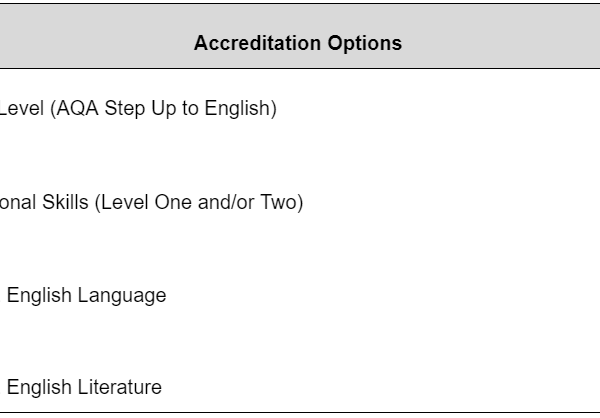

Curriculum map
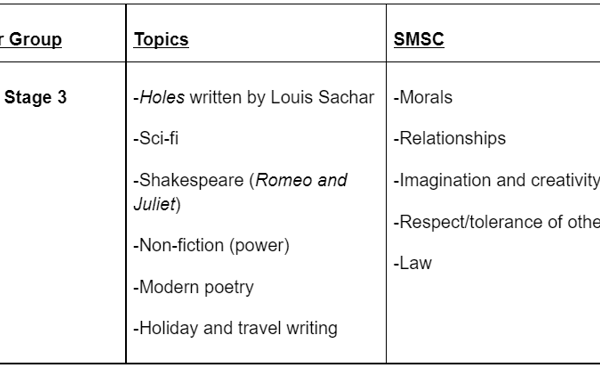

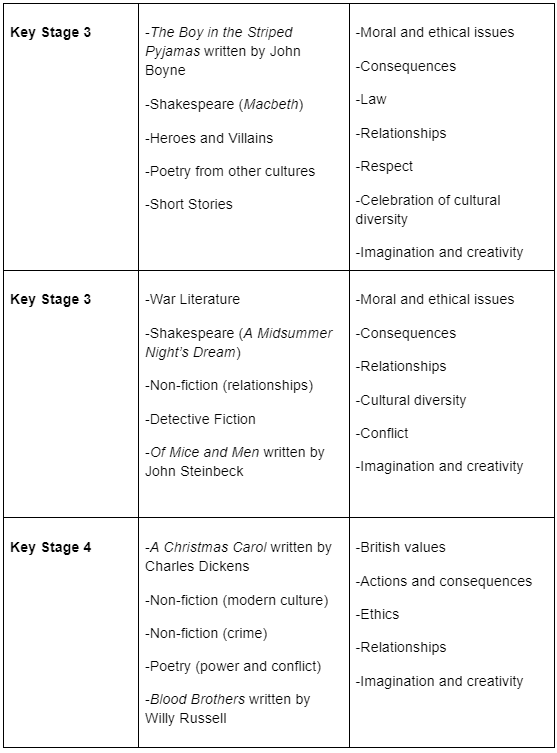


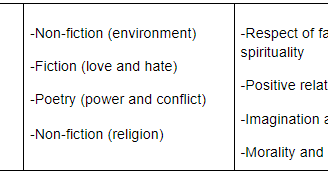
Reading and Writing Interventions
At A.R.T.S intervention is in place to ensure that students receive at least one session a week of targeted intervention, building upon their current knowledge and skills. These sessions are designed to not only enable students to access their wider curriculum but also to ensure that their reading and writing ability is at a level which enables them to function independently in the wider community.
